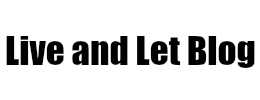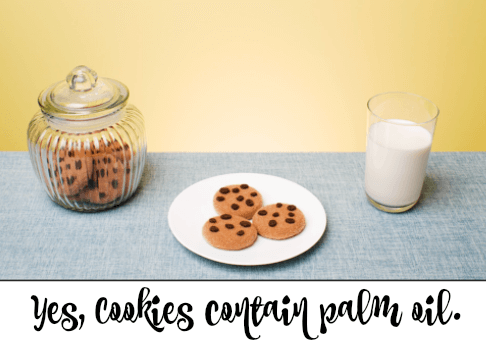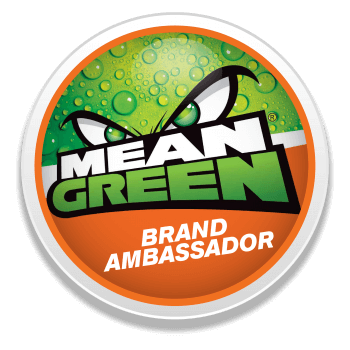This blog post is sponsored by the Roundtable on Sustainable Palm Oil. Although this post is sponsored, all opinions are my own.
Until recently, I never knew palm oil existed. I am new to the whole reading labels business. In case you didn’t know, palm oil is a vegetable oil that you can find in at least half of the prepackaged foods you buy every day. Palm oil is also used as an ingredient in soaps, candles, shampoos, lotions, lip balms, and many other products. As a matter of fact, you can find palm oil in just about everything from your breakfast cereal to the toothpaste you brush your teeth with! The reason we find it in just about everything we buy is because palm oil is the most efficient oilseed crop in the world. One hectare of oil palms (approximately 2.5 acres) can produce up to ten times more oil than other oilseed crops. This makes palm oil the highest yielding and least expensive vegetable oil in the world!
Despite a myriad of benefits and uses, it has been the source of controversy for many years. To meet the growing demand for palm oil (which has doubled over the past decade), huge swaths of tropical rainforest have been cleared to make room for massive oil palm plantations. According to some sources, areas equivalent to 300 soccer fields are deforested every day to make more room for oil palms. Large areas rich in biodiversity have been destroyed resulting in loss of habitat for many endangered species and forest dwelling people. Large-scale deforestation has pushed many species to the brink of extinction and has infringed on the rights of indigenous people in areas where palm oil is produced. Does that make all palm oil bad? I think not.
To combat the widespread destruction of rainforest and social conflict, the Roundtable on Sustainable Palm Oil (RSPO) is working to transform the palm market by making farming practices more sustainable. Formed in 2004, the RSPO has developed a set of environmental and social criteria which companies must adhere to in order to produce Certified Sustainable Palm Oil (CSPO). CSPO is good palm oil because it ensures the least impact on the environment. RSPO hopes that through regulation and consumer education we can make the world a better place.
As I get older, I am becoming increasingly passionate about the food I eat and where it comes from. As I become more concerned with my health and quality of life, I am finding myself doing things like reading labels and asking questions. I like to know how the animals I eat are raised and how the vegetables and fruits I eat are grown. I want to know if my food is genetically engineered or if its organic and things like that. These days I care more about what I put into my body than ever before. I also have a family to think about too. I want to know what my food is made of. As a father, I want to do what I can to ensure the best future possible for my children. That is why I am doing things like educating myself, reading labels, and eating locally grown foods in order to leave a smaller carbon footprint. I also want to pass along good information. Now that I know about the RSPO and Certified Sustainable Palm Oil I will be looking for the seal on products I buy. I will also be looking to purchase products from companies committed to palm oil sustainability.
For more information and to participate in the debate visit http://www.theguardian.com/sustainable-business/series/palm-oil-debate and http://www.rspo.org/consumers/debate
Join the conversation using the hashtag #GoodBadPalmOil on Facebook: Roundtable on Sustainable Palm Oil – RSPO and Twitter @RSPOtweets









Thanks for sharing this valuable information. Who knew???
There’s only one problem with reading labels is that companies don’t tell the truth and the consumer is left confused, is this or is this not palm oil ? If only they would state that all ingredients are from a sustainable source it would make things a lot easier and then how much do we believe them ?